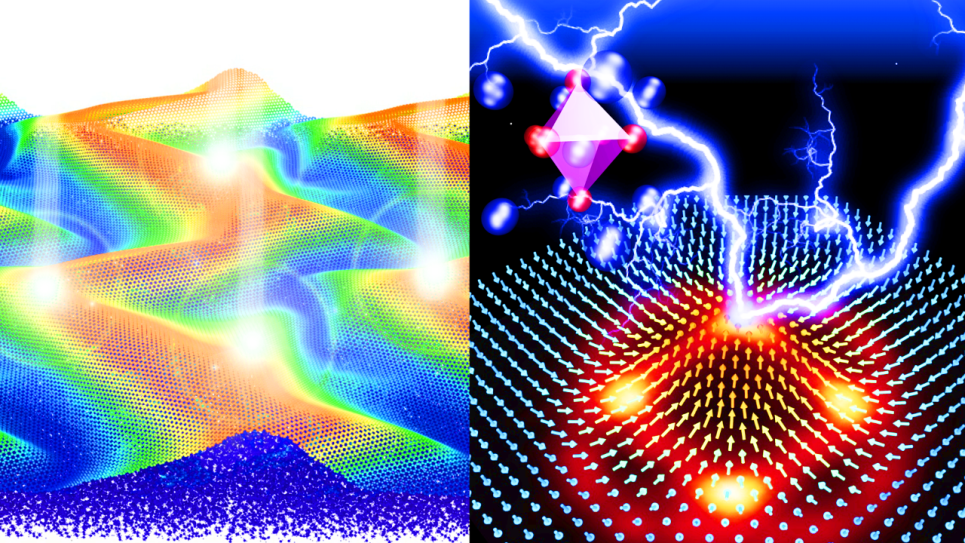
QMC Simulations DataBase for Predictive Theory and Modeling
For many classes of materials and molecular systems, existing theoretical methods based on quantum mechanics offer a predictive capability: properties and performance can be calculated, to a meaningful accuracy, without empirical tuning parameters. For other classes of materials, as well as combinations of solid and molecular systems, a predictive capability is still lacking.
Recent theoretical and algorithmic developments of the continuum quantum Monte Carlo (QMC) method—accomplished from previous INCITE projects—offer a path toward high accuracy calculations for a broad range of electronic systems from molecules to solids. These developments also are opening up realistic opportunities to compute materials properties of high quality, in substantial quantity.
The project will involve QMC studies in heterogeneous catalysis of transition metal nanoparticles, phase transitions, properties of materials under pressure, and strongly correlated materials. These research directions share a common need for predictive simulations where the relevant energy scales are small enough to be beyond the reach of other methods and where correlations, van der Walls interactions, or localization of d or f states play critical roles. These systems have significant scientific and community impact by providing accurate predictions for energy-related materials and predictions of fundamental material properties that other methods are unable to reliably provide.
The project will both provide direct answers to fundamental materials science questions and establish benchmark levels of accuracy that will, in turn, provide targets for future developments in related electronic structure approaches.


